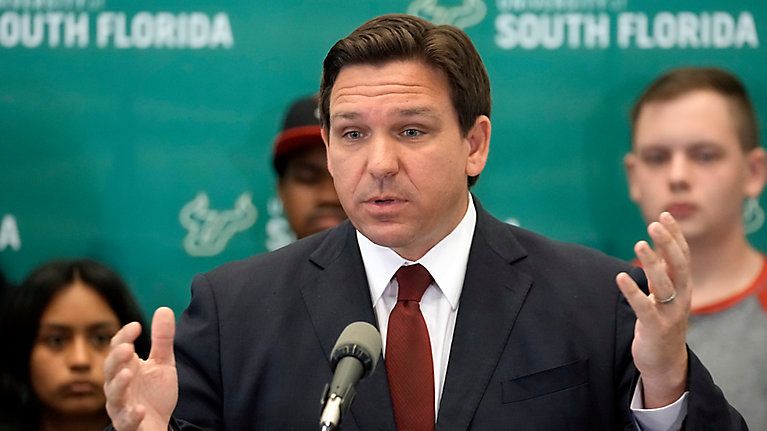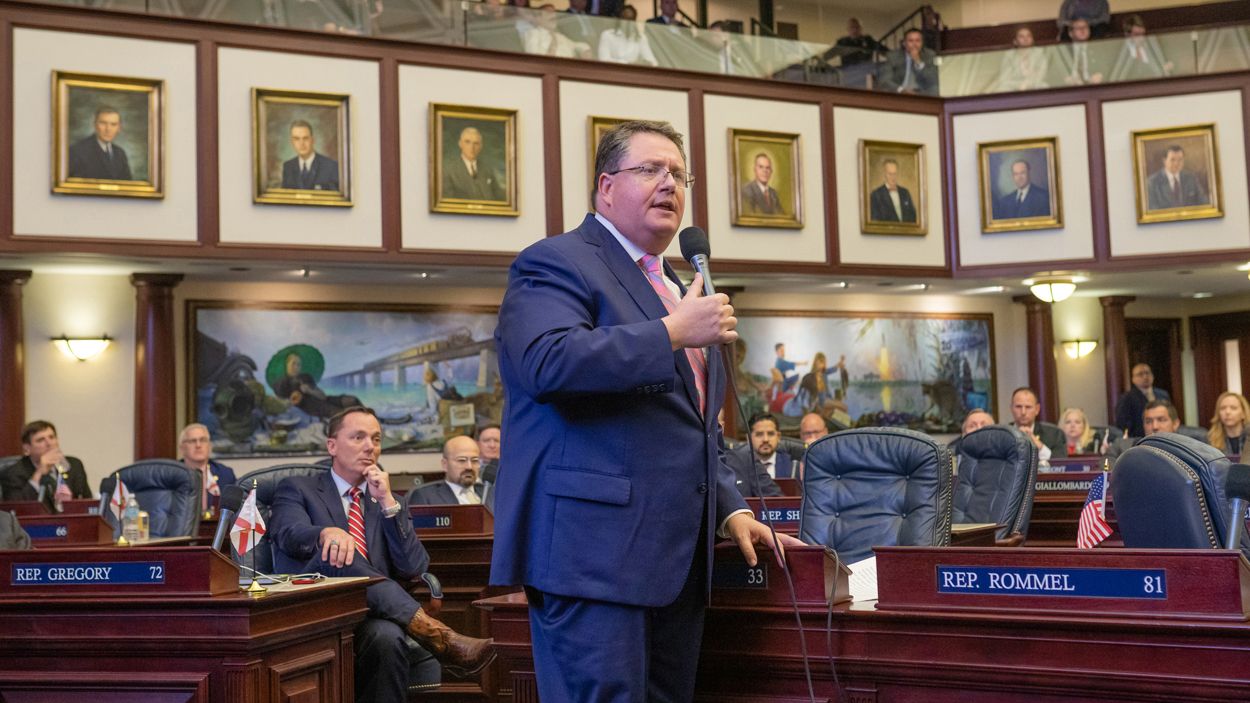Secretary of State Antony Blinken appeared before the House Foreign Affairs Committee to answer questions about the Biden administration's U.S. withdrawl from Afghanistan, and the Farm Bill appears poised to get another one-year extension as Congress argues details.
Stories in this Episode of Political Connections
- Blinken faces GOP critics in Congress who say Afghanistan withdrawal 'lit the world on fire'
- 'Not ideal': 2018 Farm Bill poised to be extended another year
Blinken faces GOP critics in Congress who say Afghanistan withdrawal 'lit the world on fire'
Under fire from congressional Republicans about one of the darkest moments of Joe Biden's presidency, Secretary of State Antony Blinken defended the administration's handling of the disastrous U.S. withdrawal from Afghanistan, saying Democrats struggled to make the best of a bad pullout deal struck by the-President Donald Trump.
Blinken testified Wednesday before the Republican-led House Foreign Affairs Committee, facing questions and angry criticism from lawmakers for the final time in office. The top U.S. diplomat was expected to leave for the Middle East in the afternoon, but the back-and-forth with members, specifically Republicans who admonished the chaotic withdrawal as his defining legacy, delayed his departure.
Blinken said much of the blame for the sudden collapse of Afghanistan's U.S.-allied government and the chaotic August 2021 evacuation of Americans that followed rested with a withdrawal deal Trump had reached with the Taliban in 2020 before leaving office.
"To the extent President Biden faced a choice, it was between ending the war or escalating it," Blinken told lawmakers. "Had he not followed through on his predecessor's commitment, attacks on our forces and allies would have resumed and the Taliban's assault on the country's major cities would have commenced."
But McCaul and other Republican lawmakers portrayed Blinken and the Biden administration as ill-prepared and disengaged as the disaster grew, and intent on minimizing mounting evidence that the Taliban would complete a takeover of the country before the last U.S. troops departed.
"This catastrophic event was the beginning of a failed foreign policy that lit the world on fire," McCaul, a Texas Republican, said. He urged Blinken to take "accountability for the disastrous withdrawal."
It was clear "it was going to be a disaster," said Florida Republican Rep. Brian Mast, who will take over as chairman of the committee in the next Congress.
There was little new ground broken on the U.S. withdrawal, after years of blame-trading between Republicans and Democrats. Blinken pointed Wednesday to the planned 2026 release of a government-appointed Afghanistan war commission's review as the best prospect of an independent full report on the disastrous events of the summer of 2021.
The 20-year U.S. military occupation of Afghanistan succeeded in routing the al-Qaida militants responsible for the Sept. 11, 2001, attacks on the United States, whom Afghanistan's fundamentalist Taliban militants had allowed a home. But as the U.S. began its pullout, as set by Trump's deal and carried out by Biden, Taliban fighters routed the U.S.-allied government and military, capturing control of the country within months.
An extremist group's bombing at the Kabul airport killed 13 U.S. service members and nearly 200 Afghans as Americans, Afghan allies and others thronged the airport in hopes of seats on the last U.S. military-run flights out.
Blinken testified Wednesday that all of the "hundreds" of Americans and dual citizens stranded by the sudden scramble from Afghanistan have now been able to leave, if they have chosen.

'Not ideal': 2018 Farm Bill poised to be extended another year
Once again, lawmakers are preparing to punt on enacting a new Farm Bill. The last one was written in 2018, and expired last year. Unable to agree on a new one, Congress last year passed a one-year extension. Now, they are likely to do so again.
“Extending the 2018 version, while not ideal, at least gives our farmers some certainty for the next planting season, because a lot of those decisions are being made right now,” said Tyler Wenzlaff, director of national affairs for the Wisconsin Farm Bureau.
The legislation provides financial assistance to farmers and helps poor and working class Americans put food on the table, mainly through the Supplemental Nutrition Assistance Program (SNAP).
Republicans want to increase reference prices — the floor that determines when subsidy payments to farmers are triggered — at the expense of increasing funding for SNAP. Democrats have refused to make concessions for that program. And while Democrats are willing to increase reference prices too, the disagreement with Republicans lies in how much they should go up.
The House Agriculture Committee, led by Republicans, approved the Republican plan earlier this year, but it never got a floor vote.
“They anticipated this might be their best opportunity to secure concessions on critical priorities like higher reference prices, reforms in the Supplemental Nutrition Assistance Program,” Wenzlaff said.
The Senate agriculture committee, led by Democrats, waited until after the election to present its version.
“They believed they were poised to win the White House and retain control of at least one chamber of Congress," Wenzlaff said. "So with that in mind, they waited. They were hoping to strengthen their negotiating position after the election."
That, of course, didn’t pan out. Republicans will control both chambers and the White House next year. Rep. Pete Aguilar, D-California, conceded this week that an extension right now is the smoothest path ahead.
“That carries forward that kind of base bill that was negotiated when Democrats were in control, so we don't have a lot of objections to it,” Aguilar said.
Sen. Tammy Baldwin, D-Wis., said farmers need the certainty of a new five-year bill. She said a new bill will never see the light of day in the Senate until it can pass on a bipartisan basis, since the upper chamber requires a simple majority vote to pass any piece of legislation.
“I really do think that the Senate is taking a much more comprehensive approach understanding the interrelation of the provisions within the major titles within the Farm Bill,” Baldwin said this week at an event hosted by WisPolitics. “And I just think we need to be saying loudly and clearly, 'We need to get this job done.'”
The consequences of letting the farm bill expire are so dire that lawmakers are certain to extend the 2018 legislation for another year before their holiday break and kick the can into next year. Still, even then, it’s unlikely a new Farm Bill will be enacted unless there’s broad bipartisan support, since the Republican majority in the Senate will not be large enough to avoid a Democratic filibuster.










